Why Montessori Education Works
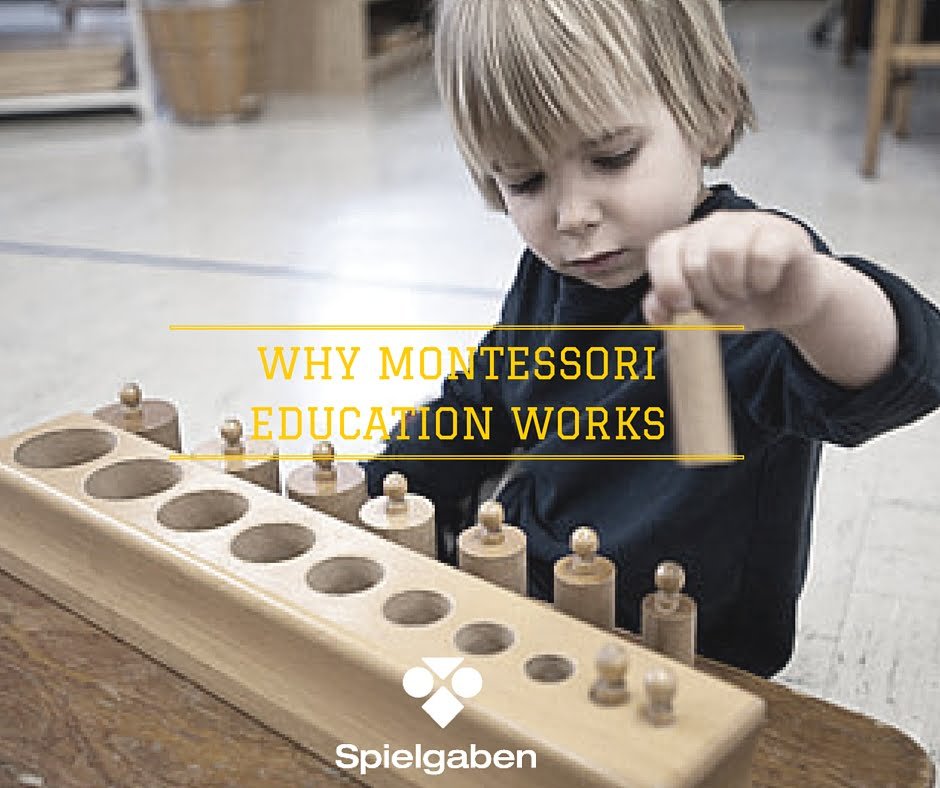
Montessori has sure had its criticism all over the world, but there are also strong advocates for Montessori education.
Here we take a look at why Montessori education works, as we believe it certainly does.
1. Montessori is not a trend
If you’re reading this article, you might have experienced the fact that often schools will jump from one trend of teaching to another. As something new comes out, so a curriculum changes, moving onto the next big thing. Schools spend thousands of dollars on new programmes and then 2 years later, there’s something better out there.
The beauty of Montessori is that the principles of teaching, the philosophy and the tools have been around for centuries and haven’t changed. There has got to be a good reason for that, as clearly its working. The philosophy that Maria Montessori developed many years ago still works for our kids today.
2. It fosters independence
This is a really big part of the Montessori environment. Absolutely everything you come across in a Montessori classroom is all about raising independent kids. Everything is prepared to allow kids to be able to do things for themselves, instead of letting an adult do it for them. If you enter the classroom, don’t be surprised if you see a 3 year old mopping up a mess on the floor, or washing dishes at the sink. Everything is at the height of the child so that they’re able to perform these everyday tasks.
What’s amazing about why Montessori education works is that you can see the pride beaming from little faces everywhere, proud of their achievements, and knowing that they’ve done stuff for themselves.
All the materials are created to be self-correcting so that students can actually see their own mistakes without an adult telling them that. They then have the power to ask for help when they need it. This is an important life lesson for kids, as they learn to ask for help when they need it as opposed to an adult pointing out a problem and helping them with it anyway. What a brilliant way to foster independence in our eyes.
Kids start to realise that they have the intelligence and the ability to do things for themselves, which is not only empowering but it gives their confidence a massive boost too.
3. Kids Understand the “Why” not just the “How
Often in mainstream schools kids are taught to memorise and rote learning is practiced all the time. There is often not the element of the ‘how’ and ‘why’ taught. If kids understand the how and why they are more likely to succeed as they understand what is going on. Montessori allows children to understand the how and the why with materials. Students can actually see a division problem occur as he or she divides each place value. They also have the ability to practice it over and over with the materials until it makes sense to them.
4. Individualised Learning
One of the best reasons why Montessori education works is that it’s completely individualised. As parents you never have to worry that your child is bored or frustrated. You can rest easy knowing that they’re getting exactly what they need, when they need it. In order for the teachers to teach on an individual level they observe, mentor, mould and guide the child to their full potential.
5. Learning is REALLY fun
What really makes learning fun? Staring at worksheets that need to be completed? No, and that’s unlikely to inspire your child to want to learn more. However, Montessori provides ‘experiences’ to learn from…for example going outside and learning about botany by looking at a leaf or even dressing up as a favourite historical figure if far more exciting that looking at that black and white piece of paper. The reason why Montessori education works is that they learn from the world around them by doing and experiencing new things. It makes learning more relevant and engaging.
Montessori prepares your kids to be global citizens, responsibility, compassion for others as well as self-motivation.
6. Encourages Cooperative Play
The teacher doesn’t actually ‘run’ the classroom per se, but students guide the activities that they will do throughout the day. It encourages kids to share and work cooperatively when they are exploring the various stations in the Montessori classroom. Children in Montessori classrooms, by the very nature of the environment, learn to respect one another and build a sense of community.
7. Learning is Child-Centred
Montessori preschool students enjoy a classroom and curriculum designed around their specific needs and abilities. It allows them to explore and learn at their own pace and on their own terms. Everything in the classroom is within reach of the child, and furniture is sized for children to sit comfortably. In addition, older children in the class work with the younger ones, so mentoring comes as much from peers as it does from the adult teachers in the classroom.
8. Children Learn Self-Discipline Naturally
While the Montessori Method allows children to choose the activities they want to work on each day, and how long they will work at a specific task, there are specific ‘ground rules’ for the class that are consistently enforced by the teacher and other students. By approaching learning in this environment, it naturally teaches children self-discipline, concentration skills, self-control and motivation too.
9. The Classroom Environment Teaches Order
All objects and activities are very specifically arranged in the classroom environment. When kids have finished with an activity they have to put the items back where they found them. This creates a sense of order which facilitates that learning process and teaches self-discipline. Children also thrive in an orderly environment and when they work and play in a place that is neat and predictable their creativity is unleashed and they can fully focus on learning.
10. The Curriculum is Focused on Hands-On Learning
One of the greatest reasons why Montessori education works is due to the focus of hands-on learning. The emphasis is on concrete, rather than abstract learning, as students work on activities that teach language, math, culture and practical life lessons. Teachers encourage students to concentrate on tasks, and they discourage students from interrupting one another, allowing students to focus on activities until they are properly mastered.
Finally…What does the Research Say?
We can tell you that Montessori education works, but the proof comes from research which you can go through below and there is a very clear benefit to Montessori education in many different areas.
Dohrmann, K., “Outcomes for Students in a Montessori Program: A Longitudinal Study of the Experience in the Milwaukee Public Schools” (AMI/USA May, 2003).
This is a summary of the longitudinal study of Milwaukee high school graduates showed that students who had attended Montessori preschool and elementary programs significantly outperformed a peer control group on math/science scores. “In essence,” the study found, “attending a Montessori program from the approximate ages of three to 11 predicts significantly higher mathematics and science standardized test scores in high school.”
Kathryn Rindskopf Dohrmann , Tracy K. Nishida , Alan Gartner , Dorothy Kerzner Lipsky & Kevin J. Grimm (2007) High School Outcomes for Students in a Public Montessori Program, Journal of Research in Childhood Education, 22:2, 205-217
This longitudinal study of Milwaukee high school graduates showed that students who had attended Montessori preschool and elementary programs significantly outperformed a peer control group on math/science scores. “In essence,” the study found, “attending a Montessori program from the approximate ages of three to 11 predicts significantly higher mathematics and science standardized test scores in high school.”
Donabella, M.A. & Rule, A.C., “Four Seventh Grade Students who Qualify for Academic Intervention Services in Mathematics Learning Multi-Digit Multiplication with the Montessori Checkerboard,” TEACHING Exceptional Children Plus, 4(3) Article 2 (January 2008). Retrieved October 4, 2012 from http://journals.cec.sped.org/cgi/viewcontent.cgi?article=1450&context=tecplus
This article describes the positive impact of Montessori manipulative materials on four seventh grade students who qualified for academic intervention services because of previous low state test scores in mathematics. The article presents a brief introduction to the Montessori approach to learning, an overview of Montessori mathematics, and an explanation of the Checkerboard for Multiplication with related multiplication manipulatives. Pretest/posttest results of the four students indicated that all increased their understanding of multiplication. The results of an attitude survey showed students improved in enjoyment, perceived knowledge, and confidence in solving multiplication problems.
East Dallas Community Schools: Montessori Outcomes
East Dallas Community Schools operates two inner-city Montessori schools that serve an ethnically and culturally diverse group of primarily low-income families. In over 30 years of using the Montessori approach to education, EDCS has proved that all children, regardless of race or income, can succeed in school when you start young and involve parents. In a neighborhood in which the high school dropout rate is over 50%, children who attend EDCS have graduated from high school at a rate of 94%, with 88% of those graduates attending college. A ten-year study of standardized test scores found that third grade students’ average scores were in the top 36% nationwide in reading and math. Even though many of these children start school without speaking any English, 100% of the children test as fluent in English by the end of the third grade.
Lillard, A.S.,”Preschool Children’s Development in Classic Montessori, Supplemented Montessori, and Conventional Programs,” Journal of School Psychology 50:379-401 (June 2012)
Angeline Lillard examines the impact of Montessori implementation fidelity. Her study found that children in classroom with high fidelity implementation showed significantly greater school- year gains on outcome measures of executive function, reading, math, vocabulary, and social problem-solving, than children in low fidelity or conventional classrooms.
Lillard, A.S. & Else-Quest, N., “Evaluating Montessori Education,” Science 131: 1893-94 (Sept. 29, 2006).
Researchers compared Montessori students with students in other school programs, and found that 5-year-old children who completed the three-year cycle in the Montessori preschool program scored higher on both academic and behavioral tests than the control group. The study also found that 12-year-old Montessori students wrote more sophisticated and creative stories and showed a more highly developed sense of community and social skills than students in other programs.
Lillard, A.S., Montessori: The Science Behind the Genius, New York: Oxford UP, 2005.
A comprehensive review of the scientific literature that demonstrates how current research validates Dr. Montessori’s observations about how children learn, particularly with regard to movement and cognition, the detrimental effect on motivation of extrinsic rewards, the beneficial effect of order in the environment, and the academic and emotional benefits of freedom of choice.
Rathunde, K., “Understanding Optimal School Experience: Contributions From Montessori Education,” National Society for the Study of Education, Volume 113, Issue 1, pp. 253-274.
This chapter discusses nine characteristics of Montessori education in relation to various theoretical perspectives on education and development. The first three characteristics discussed—freedom of choice, eliminating grades, and learning by doing—are examined in relation to contemporary theories of motivation and educa- tion. Three lesser known characteristics—deep concentration, prepared environments, and habits of self-regulation—are discussed in the context of the flow theory of optimal experience. Finally, three facets of Montessori education that are perhaps the least un- derstood and recognized—movement, aesthetic order, and the importance of nature— are considered in light of emerging perspectives on embodied knowledge. Examples of how each characteristic can be applied in the classroom are drawn from the author’s observations and research in Montessori middle schools.
Rathunde, K., “A Comparison of Montessori and Traditional Middle Schools: Motivation, Quality of Experience, and Social Context,” The NAMTA Journal28.3 (Summer 2003): pp. 12-52.
This study compared middle school students in Montessori programs with students in traditional middle schools, and found significantly higher student motivation and socialization among the Montessori students. “There were strong differences suggesting that Montessori students were feeling more active, strong, excited, happy, relaxed, sociable, and proud while engaged in academic work. They were also enjoying themselves more, they were more interested in what they were doing, and they wanted to be doing academic work more than the traditional students.”
Showing why Montessori education works is quite an easy task, based on all the evidence found, so if you’ve ever been doubtful about the effectiveness of it, then we suggest you visit a Montessori school and take a look for yourself.


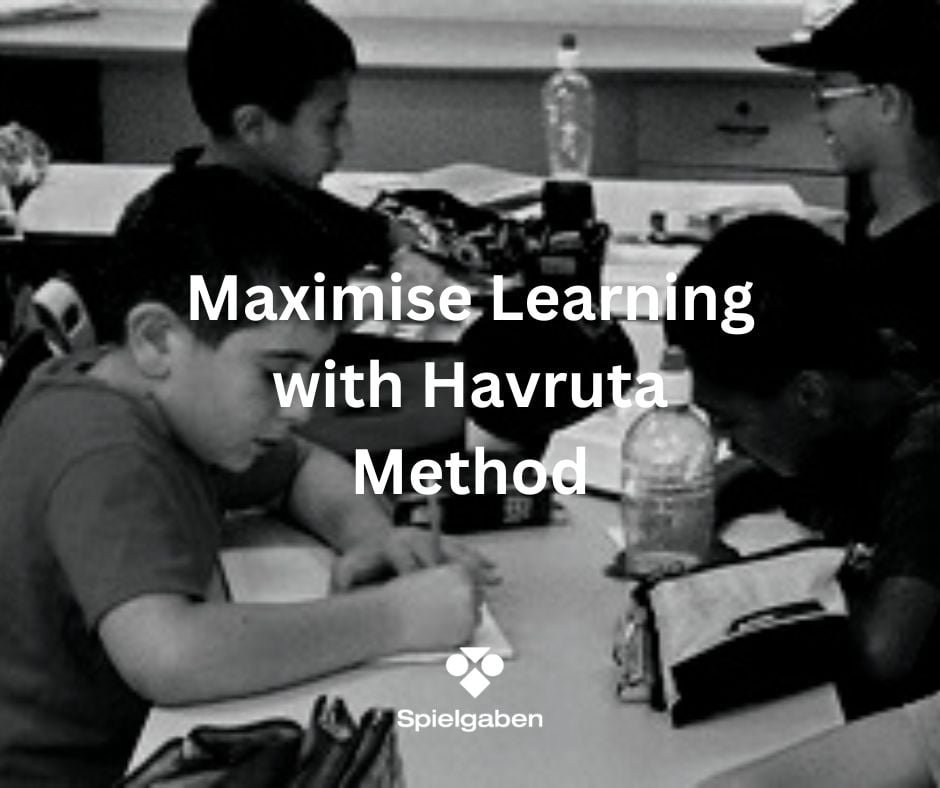
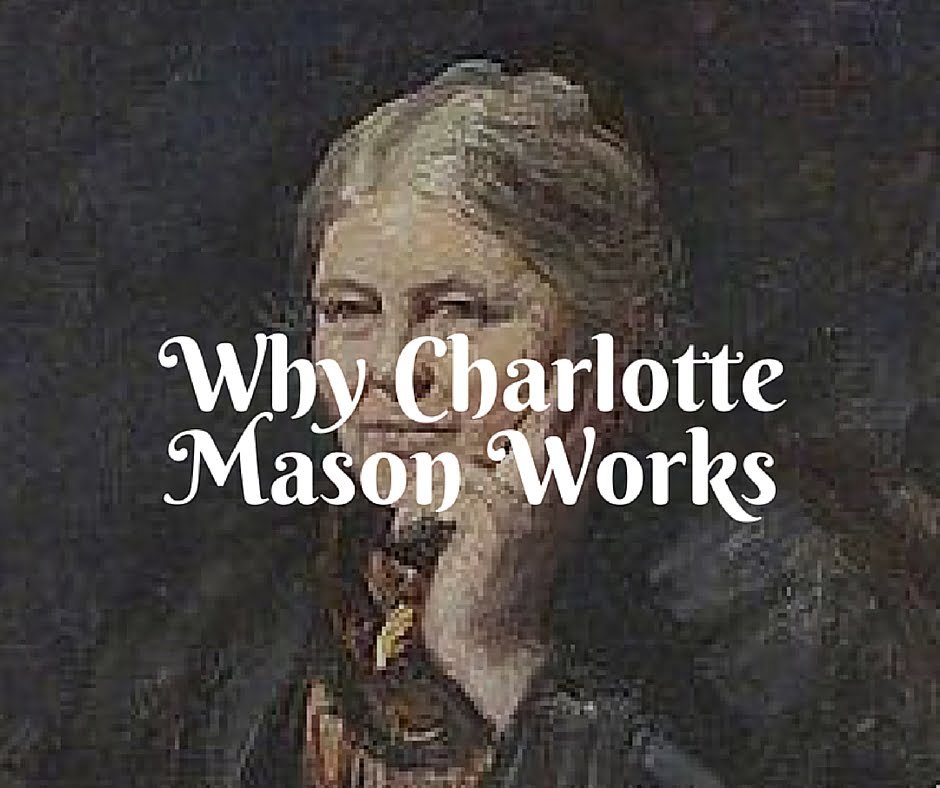


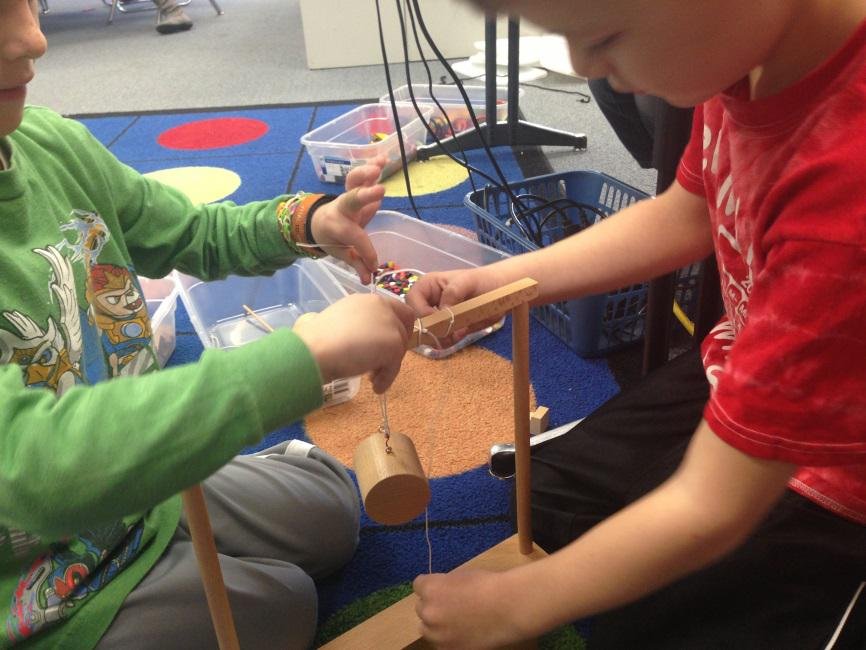


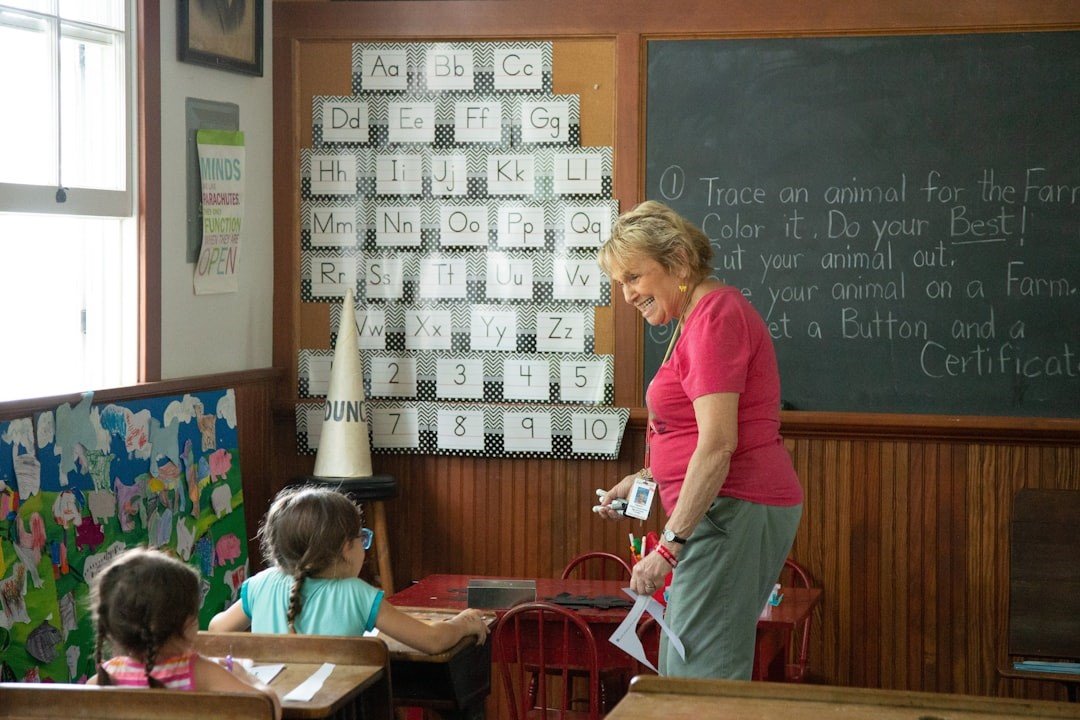
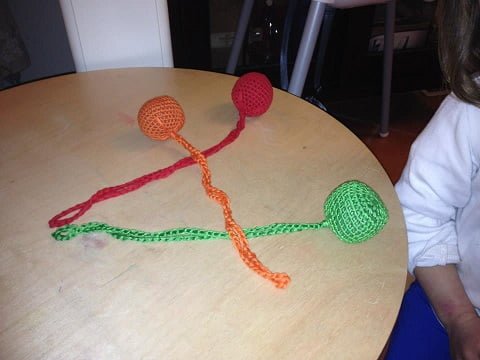

Comment (1)
Inspiring and enlightening read! Your clear explanation of Montessori’s child-centered independence, meaningful learning, and real-world engagement truly resonates and educates.